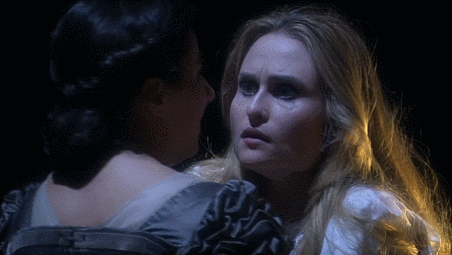
Hazlitt, in 1817, wrote that, “The nature of the Moor is noble, confiding, tender, and generous but his blood is of the most inflammable kind and being once roused by a sense of his wrongs, he is stopped by no considerations of remorse or pity till he has given a loose to all the dictates of his rage and his despair.”īy the nineteenth century, the violence of the play was no longer considered to lack moral structure but rather seen as the inevitable result of overwhelmingly human passions.Īt the same time as this changing critical context, the world itself had changed. For writers like William Hazlitt, Othello became a figure of impassioned heroism, pitiably caught in the traps laid out for him by Iago and by Venetian society. The play underwent a major reassessment in the early nineteenth century under the auspices of Romanticism, the artistic movement that swept away what it saw as the false rationality of the preceding years. It is no surprise, then, that the racist attitudes that underlie Rymer’s supposed incredulity lead, for him, to a conclusion that we need not expect anything “either true, or fine, or noble” from Shakespeare’s characters. Critics in the late seventeenth and through the eighteenth century had a tendency to think that narratives were only plausible, and plays only well-written, if they also exhibited what they considered to be an acceptable morality. Chief amongst these improbabilities, for Rymer, was the love of Desdemona for Othello: “This Senator’s Daughter runs away … with a Blackamoor, is no sooner wedded to him, but the very night she Beds him, is importuning and teasing him for a young smock-faced Lieutenant, Cassio”.

One particularly vehement reaction was that of the writer, Thomas Rymer, who, in 1693, criticised the play for being utterly implausible: “ … never was any Play fraught, like this of Othello, with improbabilities”.

Early reception of Othello focused on what many critics considered to be the immorality of its plot. Responses had ranged from offended condemnation to passionate celebration. Librettist Arrigo Boito and composer Giuseppe Verdi, who created Otello, the operatic adaptation of Othello (using the Italianised version of the name as its title.)


 0 kommentar(er)
0 kommentar(er)
